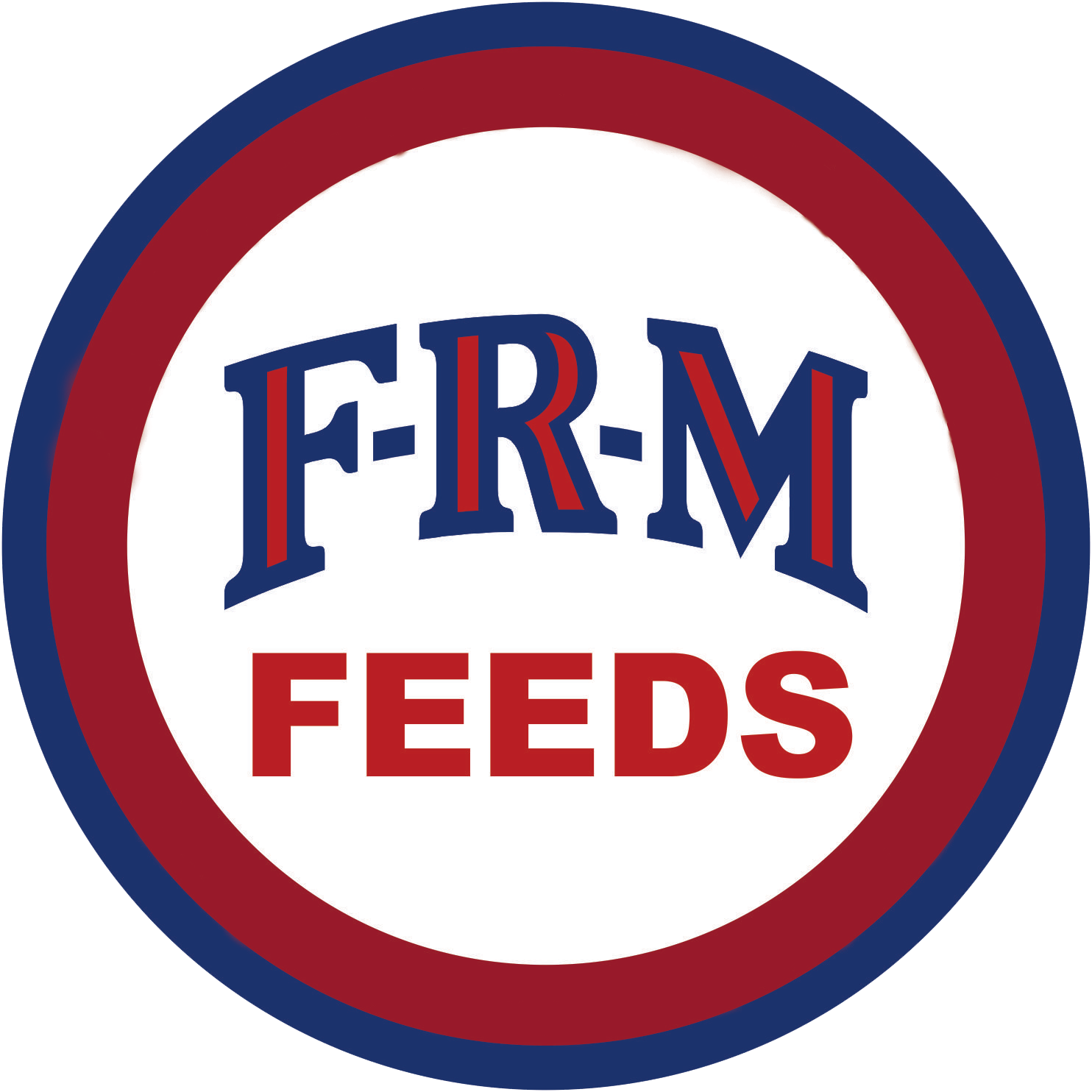
Dennis H. Sigler, Ph.D.
F-R-M Horse Nutritionist and Consultant
Extension Horse Specialist
Texas A&M University
The Fall of the year is a great time to talk about the importance of a good nutritional program for pregnant broodmares. Research has shown that improving the mare’s nutrient status during pregnancy helps:
1. Reduce developmental orthopedic disease in newborn foals
2. Improve milk production and foal growth
3. Improve overall health in mares and foals and improve mare conception rate after foaling.
In today’s highly competitive horse industry it is imperative that we use all the tools in our arsenal to help get our young horses off to the best start possible. If you intend to raise high-end equine athletes, it is imperative to optimize growth patterns and promote good overall health in your young growing horses. One of the ways we can do this is by assuring that the mares, especially during the last 3 months of gestation, have the proper nutrients in their daily diet. This includes energy, quality protein sources, with adequate lysine, and a good balanced mineral program.
Mineral supplementation for mares on winter pastures is one of the most important management tools we can use to help reduce skeletal abnormalities in newborn or young growing foals. 65% of the mineral retention and skeletal development of the foal occurs during the last 90 days of gestation. Research shows that feeding mares a balanced diet with adequate mineral supplementation decreases the incidence of developmental orthopedic disease in newborn foals. Most fall and winter pastures are low in protein, especially quality amino acids, and especially low in minerals – namely Ca and P. These are all essential nutrients for proper bone and skeletal development. We need to be sure that mares not only have adequate energy (to maintain adequate body condition) and a good source of quality protein, they also need a balanced mineral program as well.
Since most grasses are low in available P and many times do not provide the needed level of Ca, it is recommended to offer mares on pasture, a free-choice loose mineral with plenty of Ca and P. Mineral with a 1 or 1.5 to 1 ratio of Ca:P is recommended. Most of these mineral mixes contain around 10-12% Ca and 10% P. They should also provide high levels of Cu, Zn and Mn. You should select minerals with at least 1000-2000 ppm Cu and around a 4:1 Cu:Zn ratio. Horses normally consume a loose mineral more effectively than a mineral block or lick block. Most loose mineral products also contain from 15 to 20% salt as an intake limiter.
If mares on pasture have not been previously supplemented with mineral or are not currently getting adequate mineral in their daily feed ration, they will initially consume fairly large amounts of loose mineral product for several days. Horses on pasture eating 1 or 2 pounds of mineral per day for the first 2 or 3 days is not unheard of. Over a period of about a week, they should level out and be consuming no more than 3 or 4 ounces per head per day. The recommended daily intake of Ca and P for pregnant mares is about 36 g of Ca and 26 g of P per day. 4 ounces of a 12:10 mineral product would provide 14 g of supplemental Ca and 11 g of P per day in addition to what they get from the forage or other feed.
F-R-M Vitaminde 10 1.5:1 Complete Mineral is an excellent mineral product that will help meet the needs of broodmares on pasture as well as yearlings and young growing horses.
Regardless of the intended ultimate use or events your horses will be doing later in life, getting off to the proper start with good skeletal development is essential. The horse will then be able to perform better, be healthier and will have a longer useful life than those horses who get shorted on their nutritional program during those important first few months.

